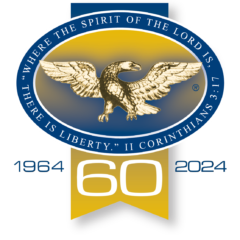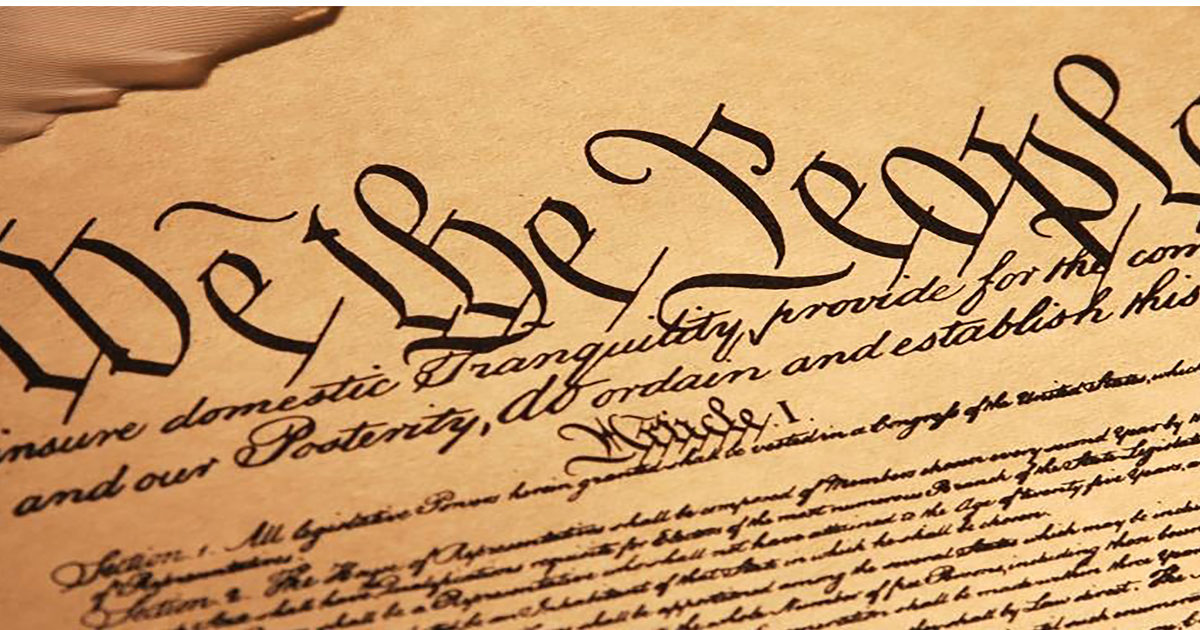By Gary Porter
Let’s be careful with our words; Jefferson chose his carefully, we must honor his care by not reading more into them than was intended.
The Declaration first says we have a right “to alter or to abolish” a government that becomes “destructive” of the ends for which it was formed, namely, securing our rights.
The Framers of our Constitution gave us a mechanism for “altering” the government and we have twenty-seven times made use of that mechanism, not always to our ultimate benefit (see 17th Amendment).
We could “abolish” our government and provide “new Guards for [our] future security” by demanding that a true Constitutional Convention be held (not a convention for proposing amendments under Article V) at which an entirely new plan of government could be designed and submitted to the people for ratification. If you think this is warranted, speak with your elected representatives.
But Jefferson also speaks of throwing off a government; that it is not only our right but our duty to do so; but only when we have been reduced to “absolute Despotism.”
America is clearly not there yet, but some today are proposing changes that will take us further in that direction. “Throwing off” a government? Does this differ from your “over-throwing” a government? I see a distinction.
The colonists of 1776 did not overthrow the British government. At the end of the Revolutionary War the British Government was intact, largely unchanged and in command of the rest of the British Empire. But they definitely threw off that government by meeting head-on the British acts of war against them (the blockade of American ports was an act of war under international law). The colonists declared their independence and then backed up that declaration by fighting off the “invaders” of their now-sovereign land.
Jefferson did not encourage us to “overthrow” our government, and I would advise against it. Throwing off the U.S. government by force of arms is simply not practical. You would need the assistance of a majority of the U.S. military to pull that off, and that is simply not going to happen. If you really desire to “throw off” the present government your best option is to simply elect a new one. But that leaves millions of non-elected government employees in place (the nefarious Deep State?). What about them? Many, if not most of their positions were created by Congress reading into the Constitution authority they simply did not have. We now have a government we cannot afford (by $22 Trillion at last glance) and which interjects itself into our daily lives in ways that would horrify America’s Founders. Yes, we should “throw off” this increasing despotic government by returning to a true understanding of the Constitution. Over time, gradually so as not to unnecessarily disrupt their lives, we should drastically reduce the size and reach of the U.S. government so that it need not be “thrown off” completely.
As to your use of Lincoln’s phrase “of the people, by the people, and for the people,” there are three points I wish to make: First, the phrase is not in the Declaration as you suggest; its heritage goes back 400+ years before that. The phrase was first coined by John Wycliffe and used in the General Prologue to his English translation of the Bible in 1384. In its original form it read: “This Bible is for the Government of the People, by the People, and for the People.” Lincoln purloined the phrase (without attribution, mind you) for his Gettysburg Address and that’s why we remember it still today. Government of the people, by the people, and for the people is a great idea, but the Bible was intended to guide such a government. We have departed from this model and have decided we can govern ourselves without use of the Bible, and you see the result.
Lastly, you should realize that “government of the people, by the people, and for the people” is precisely what we have today. Who makes up the federal, state and local governments? The people of course! We have either elected them to represent us or allowed them to create positions into which others of “the people” are hired to operate the government.
In Pogo’s immortal words: “We have met the enemy and they are us.”

